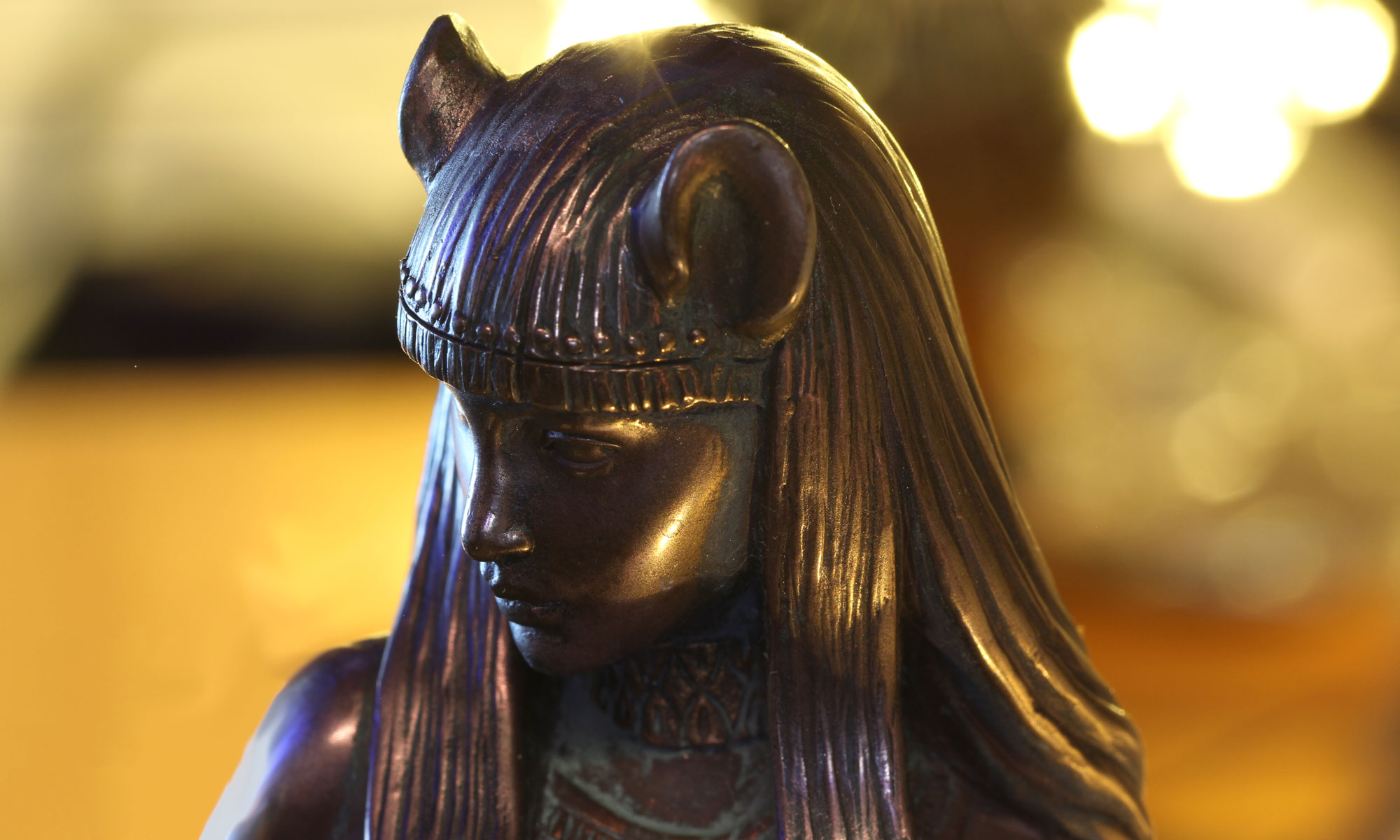Wednesday, July 15 3:00-4:30 Eastern Daylight Time
“The Civilization of the Vulva”

A new spirit stirs the consciousness of our times. Women are reclaiming the vulva as an icon of primal creative energy. Unbounded by time or space, this sacred image can be found in uncountable representations from Paleolithic caves to Sheela na gigs to pink pussy hats. The startling image of a female displaying her sex can be seen in the visual and narrative arts all over the planet. So rooted in our psyches is this image, it seems as if the icon of the vulva is the original cosmological center of the human imagination and a basis of civilization.
The Web—the patterns that connects—is a primary symbol of women’s mysteries. Found in Paleolithic and Neolithic art, it connects back to the vulva from which it all began. In its latest manifestation, the Web has come to symbolize women’s movements for peace and justice during the 80s and 90s of the last century. It has inspired what we continue to experience—art dedicated to feminism, peace and environmental issues.
 Starr Goode, MA, teaches writing and literature at Santa Monica College. Producer and moderator for the cable TV series, The Goddess in Art is available on YouTube. Her latest essay, “Adventures She Has Brought My Way” appears in Elders and Visionaries Anthology. Her latest book, Sheela na gig: the Dark Goddess of Sacred Power, won the 2018 Sarasvati Award for Best Non-Fiction Book presented by the Association for the Study of Women and Mythology. www.starrgoode.com
Starr Goode, MA, teaches writing and literature at Santa Monica College. Producer and moderator for the cable TV series, The Goddess in Art is available on YouTube. Her latest essay, “Adventures She Has Brought My Way” appears in Elders and Visionaries Anthology. Her latest book, Sheela na gig: the Dark Goddess of Sacred Power, won the 2018 Sarasvati Award for Best Non-Fiction Book presented by the Association for the Study of Women and Mythology. www.starrgoode.com

Cristina Biaggi is primarily an artist and has exhibited her work in Europe, the United States and Australia. She’s also a writer and a lecturer and has written 4 books on Women Spirituality, Prehistory and the Great Goddess. In addition to her artistic and literary pursuits, Biaggi is also a mountain climber, a Fifth degree Black Belt in the Korean martial art of Tae Kwon Do, and a Black Sash in Shaolin Kung Fu.






You must be logged in to post a comment.